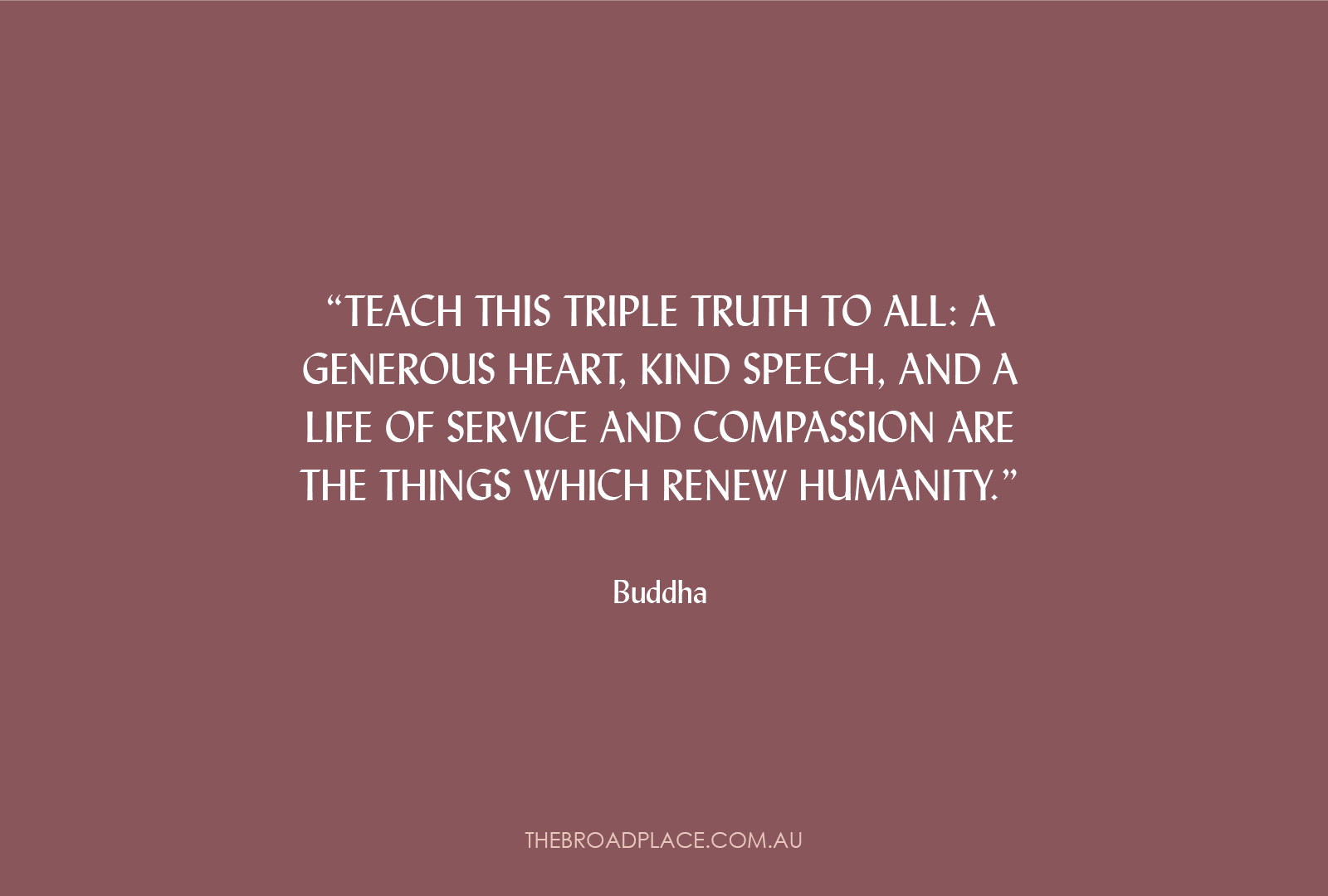On Wednesday now I am going to puddle about with Zen teachings, replacing our Tao Tuesday for awhile. There are so many beautiful aspects of Zen Buddhism that I would love to share with you, and I think the Letters provide a nice starting point to dive in. In truth though, Zen can get confusing even though it is founded on simplicity. In essence, if you can describe Zen, it is not Zen, you must live Zen. However, with this in mind, there are some beautiful teachings that I have found to be incredibly helpful in peeling back everything that is not Zen. These particular Letters will mostly be a long-form style letter, so pour yourself a cup of tea and sit and absorb slowly. And as always, I always read your feedback, even if I don’t get a chance to respond as sometimes there are mountains to get through. But I wanted to take the moment to let you know that I do read each and every response, so please don’t stop writing in return.
Zen now most of the time now it means ‘minimalism‘ or ‘being chilled‘! However, there is a rich, long history and tradition to Zen. Zen, originally called Chan, stems from a stream of Buddhism that comes from the Mahayana lineage and believes meditation and practice are more important than ritual and scripture recital. Personally, I agree. It’s always questioned, “is Zen from Zen Buddhism, Buddhism or something else entirely?“. The same and something else are both the answers. The alignment of the two is that enlightenment, or Nirvana, is possible for any human being. The key difference between the two is that Buddhism is about seeking this through the path of helping others, and understanding the ancient texts, whereas Zen is the process of truly knowing oneself as a path to enlightenment. Zen is about a focus inwards, to achieve self-realisation through fully understanding and accepting oneself as part of the greater cosmos. Zen tends to de-emphasise the use of the ancient texts as a way to enlightenment, favouring the daily practice of completely immersing oneself in the world as the path. There is no separation in Zen of title and of position and livelihood. The Zen practitioner can be a simple gardener or an esteemed philosopher, each is equal in the eyes of Zen.
The literal meaning of compassion is “to suffer together”, ‘co’ meaning together and ‘passion’ meaning a strong feeling. Many researchers define this as the emotional response when confronted with another’s, or our own suffering and then feeling motivated to do something about it. When talking about compassion its important we don’t get stuck on empathy. Although closely related and compassion may bring about feelings of empathy, there is a clear distinction between the two. Empathy refers to the general ability to see and feel the perspective of the other person, like how we tear up at a friend’s sadness; Compassion takes empathy one-step further and creates the desire to help. However, one can feel compassion and make a choice not to act on it and this is okay too! This is when altruism comes into the picture. Altruism is defined by some as an act that benefits another but at a cost to themselves. This may or may not involve compassion or empathy. An example of altruism may be donating money to a charity for tax purposes. Sure, you’ve contributed to a good cause but this act alone doesn’t necessarily inspire compassion.
Compassion is when we feel moved by the suffering we witness, our hearts respond to this pain and when this happens you naturally experience warmth, care and an urge to act. You start to offer understanding and kindness when people make mistakes or do things differently instead of casting judgement. When you are able to feel compassion, and let’s be clear this is not pity, you have one of those AHA! moments and realise that suffering, failure and imperfection are all shared human experiences. We tend to have our circle of friends, family and of course, our beloved animals who we relate to in a deep ‘two souls becoming one’ kinda way, they couldn’t do anything wrong in our eyes, basically all-forgiving relationships. We very easily feel compassion for this group of people. But can we look at the rest of the world with these fresh and loving eyes? Can we have the same experience with the guy who sits on the corner down the road with a questionable aroma? Or the lady who insists on talking at full volume on the quiet commuter carriage of the train?
We can tap into this feeling of compassion through the acknowledgement that we are having a shared human experience. The tricky bit then becomes, okay, if I am relating compassionately through witnessing the suffering of others, then I must of course, be compassionate to my own suffering. Self Compassion! It all starts here, right at the source. Having compassion for oneself is really no different to compassion for others, it’s just a hell of a lot harder and is a constant practice. But don’t let that deter you; it’s probably also one of the most important steps in cultivating inner and outer peace.
Written with love,
Jac x

